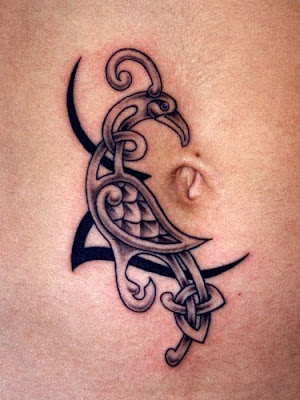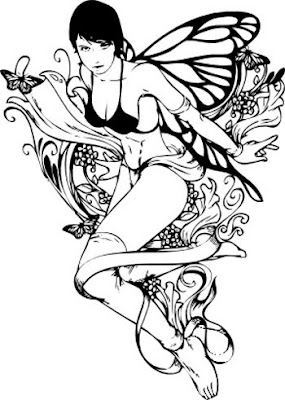It probably won't come as any surprise to you that Celtic tattoo designs have been popular for thousands of years. In fact, it is no secret that when the Vikings invaded the British Isles, they were heavily adorned with body ink from this same genre. The art of tattooing has been popular in Scandinavia and Northern Europe throughout the centuries and even though other western countries are now starting to catch up with their love of the art, they have a long way to go to beat countries like Sweden, Denmark and even The UK.
These designs follow a pattern that is very intricate and often takes on the appearance of multiple knots. The best tattooed pieces would always require the skills of an adept artist and you should never get a new Celtic tattoo from an artist that cannot prove their previous experience to you.
For the most part, Celtic tattoos have quite a masculine appearance about them. This is probably because they rely on either black or grey shading. But having said that, Celtic tattoos can take on other shapes and forms: crosses and armbands are a very popular choice here and this can convert really well to become a more feminine piece for a lady wearer.
Celtic designs came back in absolute force back in the 1990's. At one point, this style of tattooing seemed to be the one that everyone was going for. Today, however, this style is nothing like as popular as it was then and this is down to the fact that tribal designs have undergone a huge tattoo revolution.
The versatility of this style would allow you to place a piece on any part of your body you choose. They do make for perfect armbands around the bicep and even around the wrist or ankle. They also look great as a chest plate; as larger piece on the bicep and running in a linear pattern along the bottom of the back area.













.gif)
.jpeg)
Post a Comment